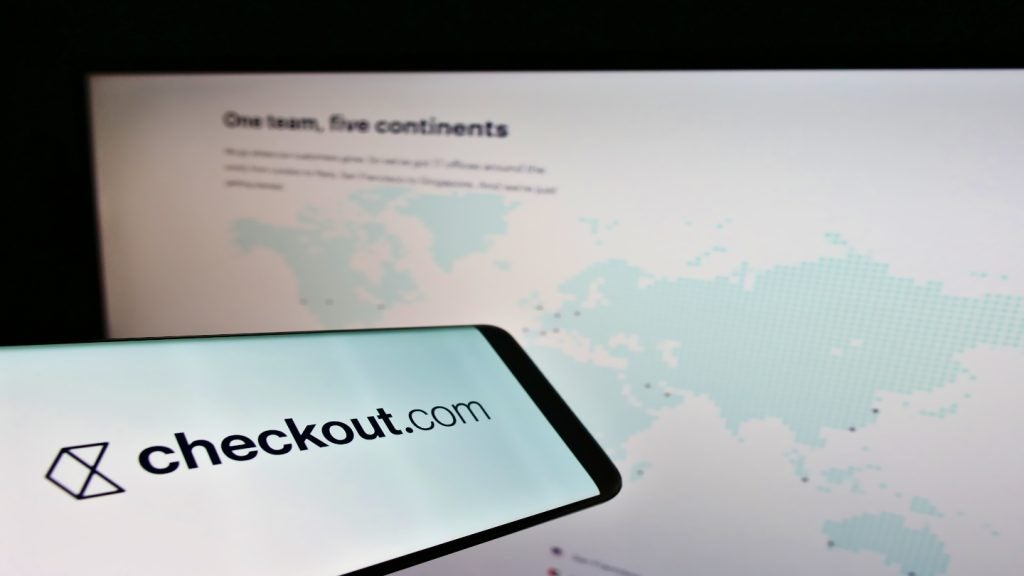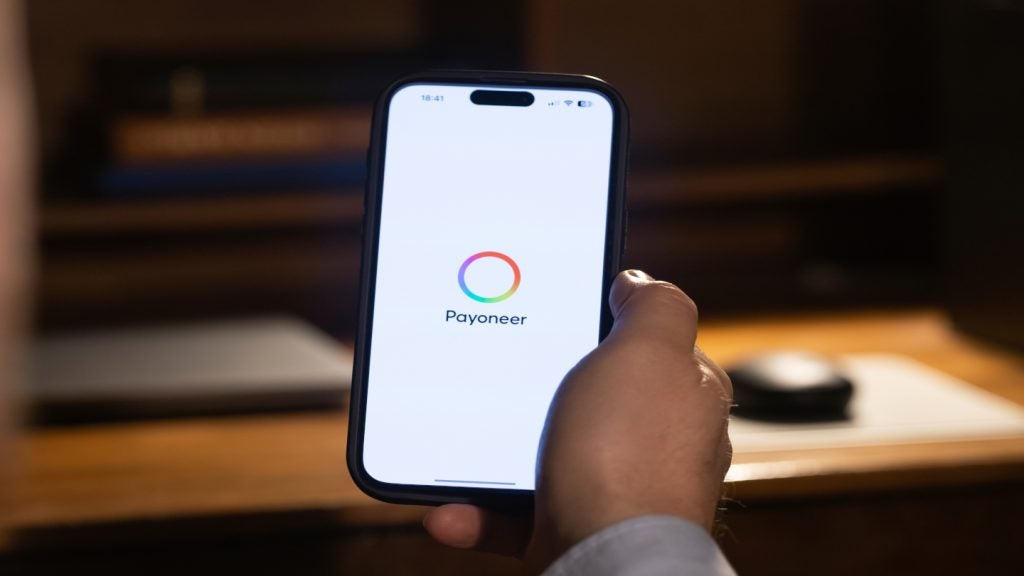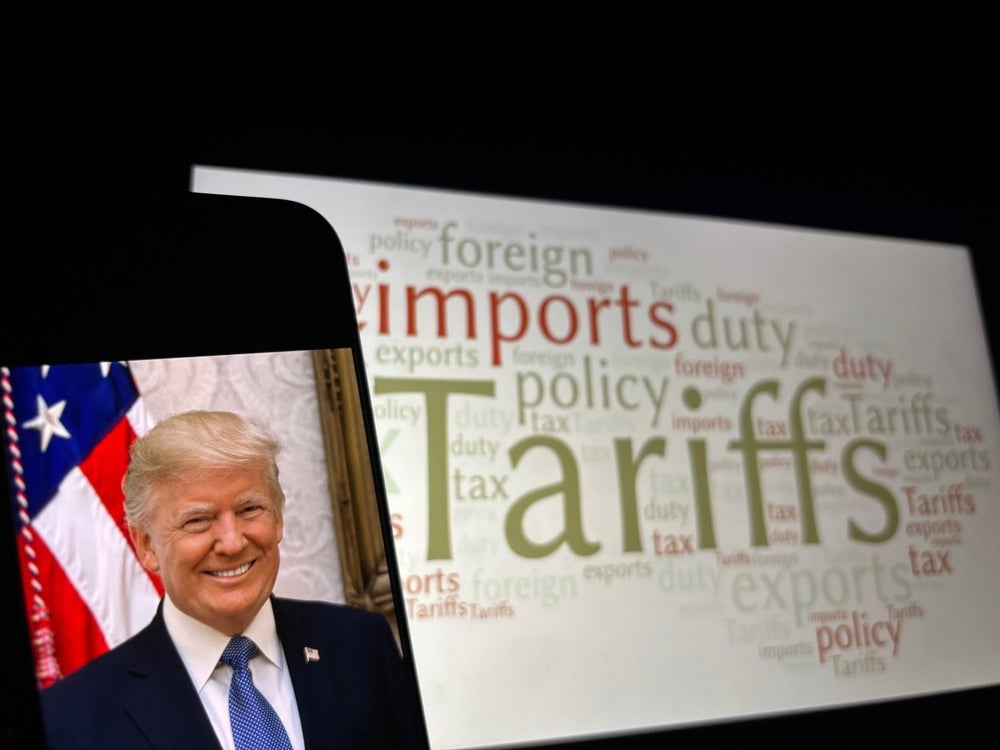New European regulation could finally create a reason for consumers to exercise their account switching powers in the UK, by giving third parties access to their data via their banks, according to GlobalData Financial Services
PSD2 and the Open Banking initiative ensure that, regardless of the UK’s position with respect to EU law after Brexit, banks in the UK will be obliged to open up their systems and share customer data with third-party companies via the use of application programming interfaces (APIs). In the UK, established banks enjoy a dominant market position which gives them access to an enormous and largely underutilized wealth of customer data. One of the main aims of these new regulations is to leverage this data – via fintech companies and other third-party providers – to create new banking and payments products.
Challenger financial institutions have so far found limited success in their attempts to charm customers away from the established banks. Due to a mixture of inertia and brand equity among consumers, established banking brands continue to dominate the current account market – even in markets such as the UK, where switching has been facilitated by the Current Account Switching Service. According to GlobalData’s 2016 Retail Banking Insight Survey, only 18% of UK consumers stated that they were likely to switch their current account provider in the next 12 months.
A similar pattern is seen in consumer choice of payment tools: cash and cards dominate the instore payment market because consumers see these tools as convenient and familiar. Almost every would-be disruptor of the instore payments market has failed (see Weve, Isis/Softcard, and MCX), and modern “alternative” tools are generally obliged to work alongside the banks (e.g. Apple Pay).
Given how strongly established banks are positioned in the market, the most obvious beneficiaries of the new API standards are fintech companies, which immediately gain access to far larger audiences (and richer data) by partnering with retail banks than they could otherwise have reached alone. Banks, on the other hand, are left footing the bill to build APIs while handing over their valuable data to third parties. However, this is also an opportunity for banks to gain an edge over the competition by enabling innovation in products and services, an opportunity that has been embraced by major Nordic banking group Nordea as well as UK challenger bank Starling.
The biggest winners, though, will be consumers. By opening up banks to third parties, the new regulations stand to bring innovations such as chat bots, integration of payments and social media, and intelligent, data-driven personal financial management tools to consumers under the banking brands they know and trust, rather than new, unfamiliar companies. And of course, for those consumers unwilling to trust third parties with their data even under the watchful eye of their bank, all services enabled under PSD2/Open Banking can be opted out of.
Overall, these changes are likely to bring UK consumers more meaningful choice when comparing account providers in the form of new data-driven services that meet individual needs, rather than choice being reduced to a combination of brand recognition and pricing.







